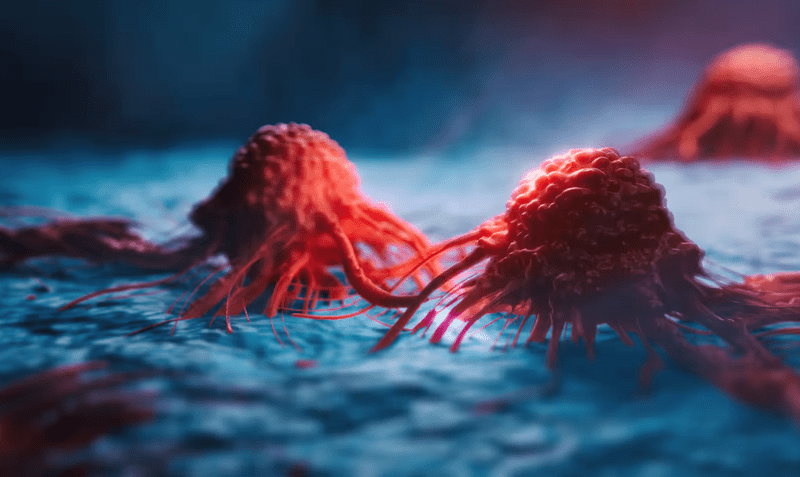Ever since last year’s annual American Association of Cancer Research (AACR) meeting, Volastra’s phone has been “ringing off the hook,” according to CEO Charles Hugh-Jones, M.D. The interest has now led the oncology biotech to a deal with Bristol Myers Squibb worth up to $1.1 billion, a tantalizing figure for a company still at least a year away from human trials.
Volastra announced Monday it was saddling up with the Big Pharma to develop up to three targets utilizing Volastra’s platform that targets chromosomal instability, a potentially valuable indicator the company says is present in up to 80% of cancers. BMS will pay $30 million in upfront cash, but Volastra stands to gain as much as $1.1 billion in milestone payments should the targets pan out.
Hugh-Jones says that in the nine months since last year’s AACR meeting, the company drew considerable interest from a number of companies.
“Based on a lot of those conversations, we were so pleased to be able to partner with BMS who we saw as ideal,” he told Fierce Biotech in an interview. Hugh-Jones wouldn’t specify yet which cancers the company intends to target first but said it would be ones that have the highest rates of chromosomal instability.
Launched in 2020, Volastra was built off the science pioneered in part by Lewis Cantley, Ph.D., a renowned scientist who first discovered phosphoinositide 3-kinase (PI3K), a crucial enzyme that’s been the backbone of some cancer therapies. In 2019, the FDA approved Novarits’ Piqray as the first PI3K inhibitor to treat breast cancer.
Cantley’s latest work has been investigating how chromosomal instability, a process where chromosomes do not separate correctly during cell division,creates a molecular environment that benefits cancer cells and allows them to thrive. The resulting hypothesis—that’s since become the foundation of Volastra—is that by targeting pathways “hijacked” by unstable cancer cells, cancer treatments can maintain efficacy and improve tolerability.
The deal, announced Monday, leaves Volastra’s first asset targetingthe protein KIF18A in its pocket, which the company hopes to have in clinical testing a year from now. Volastra’s Rachel Zolot Schwartz, vice president of business development and commercial, said the decision to keep that asset, in addition to narrowing the deal with BMS, was done deliberately to not overcommit too early.
“One of the mistakes that sometimes these smaller biotech companies make is that they take on too much at once,” she said. “We’re not looking for new partners now, but it does allow us long term to make those decisions in real time as the company grows as to what we want to do with those other programs.”
The BMS deal is the latest partnership for Volastra and the first that involves developing therapeutic targets. Two past deals, with Weil Cornell Medicine and Microsoft, have bolstered the company’s ability to identify future targets and build out its platform.
Moving forward, Hugh-Jones says the company is focused on building out a candidate for phase 1 trials, with a regulatory request for human testing expected in early 2023. The team also wants to bolster Volastra’s biological capabilities to identify additional targets.

